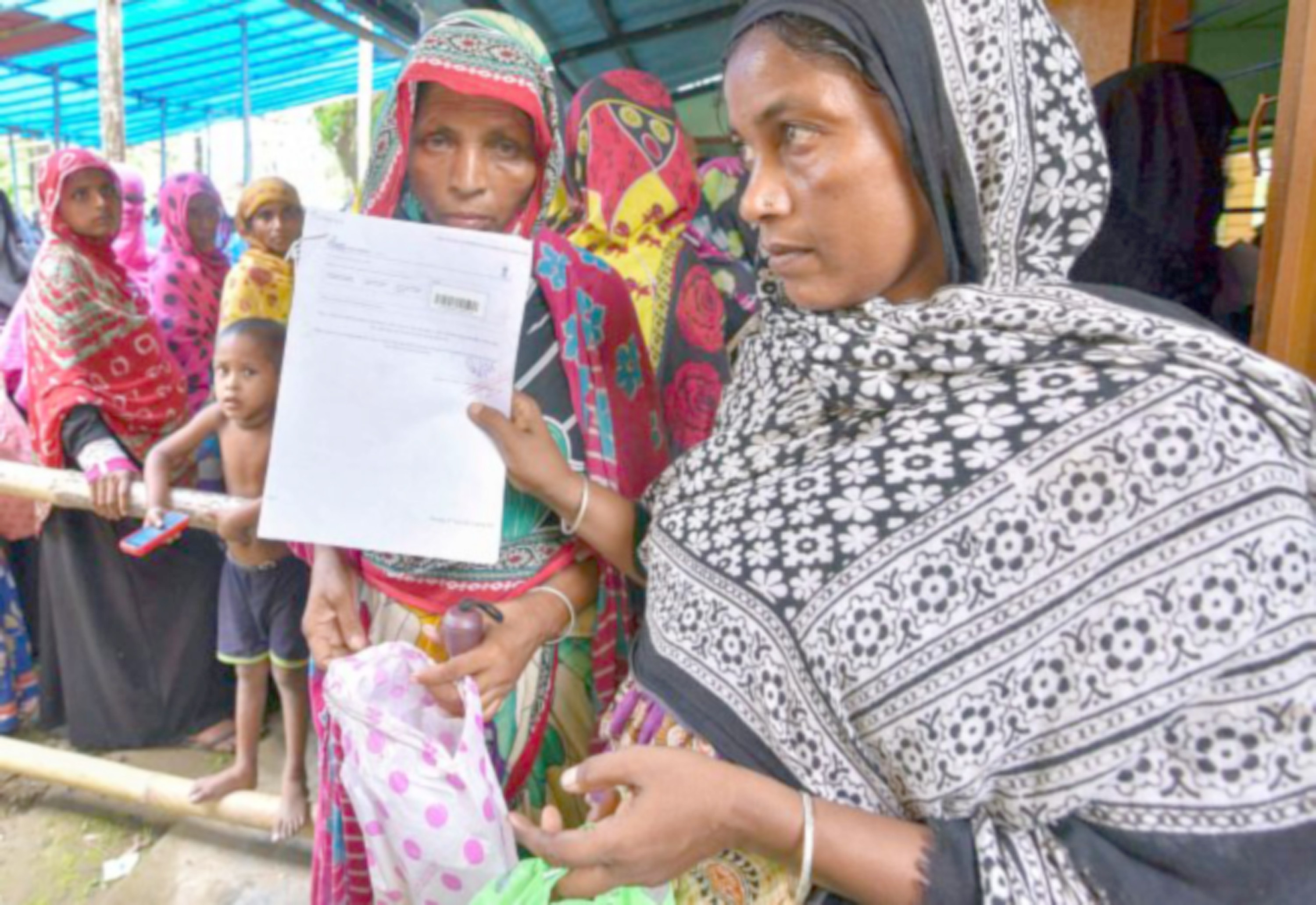By Tahmima Anam
In December 1971, Indira Gandhi sent Indian troops to fight the Pakistan army in support of the Bangladesh war of independence. The intervention brought a conclusion to the war in nine short days, ending a nine-month campaign of genocide and ethnic cleansing that had left countless dead and many millions displaced. Thus, on the eve of independence, it seemed the road was gilded for a great love-affair between Bangladesh and India. This romance was even adumbrated by our geography: India surrounds Bangladesh on three sides, a great bear-hug of a border. But in the decades since Bangladesh’s independence, the affair has gone sour.
The troubles began almost from the start. After intervening in the war, the Indian army did what armies do – they behaved like victorious soldiers. Pakistan did not surrender to Bangladesh – the treaty signed on December 16 1971 was between an Indian general and a Pakistani general. Suddenly the war that Bangladeshi freedom fighters had been waging became yet another skirmish between the two elder children of partition. And those same freedom fighters were forced to surrender their arms to the Indian troops. It was a symbolic wound that would fester. The bear-hug began to feel like a stranglehold.
Relations between India and Bangladesh were soon further strained: in 1975, the Indian government built the Farakka Barrage 10 miles from the Bangladesh border; it diverted Ganges water to the Hoogli river basin, raising salinity levels, contaminating fisheries, hindering navigation, and posing a threat to public health. Many Bangladeshi villages were plunged into drought, which kick started a sentiment of anti-Indianism that has gripped the popular imagination in Bangladesh ever since. None of these issues stop Bangladeshis from embracing our neighbour’s prolific cultural exports. We buy Indian cars, Indian saris, and most importantly, we adore Bollywood.
But what happens to Bangladesh when India shines? Do we get a little bit of the sheen, too? Some of us certainly hope so. Our businessmen are eager to shake hands with the billionaires who are at the helm of India’s burgeoning economy; our vocational schools are full of expectant students, their ears plugged into English-language tapes so that, someday, we may get one or two of those call-centres ourselves. In the meantime, India has developed the peculiar paranoia of the strong towards the weak. Despite the low per-capita income of the average citizen, Bangladesh provides India with $1.5bn in trade every year. Yet India refuses to open its economic borders to Bangladesh. There is yet to be an implemented economic treaty that would allow our products to cross the border into India without heavy tariffs.
This trade imbalance only serves to reinforce the feeling that we live in the shadow of a bully. India also sees Bangladesh as a nation of looming Muslim refugees – possibly an echo of the refugee crisis of 1971, but in this case poised to upset India’s economic growth and religious equilibrium. This time, if we flee our flooded delta, India will not harbour us with the same enthusiasm as before. We cannot love India. The relationship is too unequal for romance, and our neighbour is too aggressively self-interested to be embraced as a generous parent. We must either live with what we have, or take the initiative. For instance, we can wield our geographic advantage by negotiating between the two nuclear powers in the subcontinent, India and Pakistan. If we cannot have our own romance, at least we can become matchmakers.
And instead of decrying the way India treats its minority Muslim population, we can be an example of a pluralistic society ourselves. But the uncomfortable truth is that our anxieties are displayed and articulated through the lens of religious prejudice. Since 1971, the Hindu population in Bangladesh has been steadily dwindling, as Hindus are systematically and institutionally discriminated against. Bullied, we bully in return. Finally, instead of bemoaning our fate, we can strengthen our democracy, rid the political landscape of corruption, and capitalise on our economic growth – which, despite disasters both natural and self-inflicted, stands at a healthy 5%. By doing a better job of levelling the playing field, we may still never have a chance at romance with India, but we can at least work towards a relationship of mutual respect.


